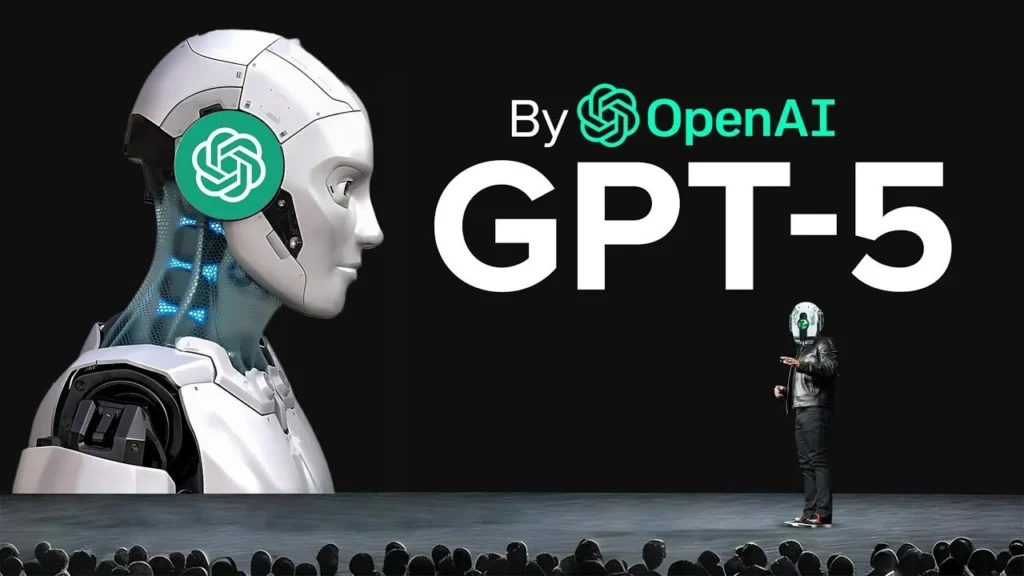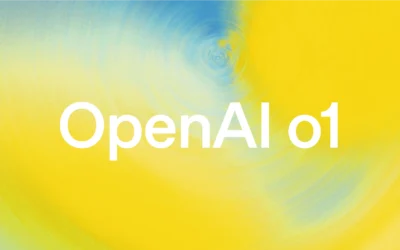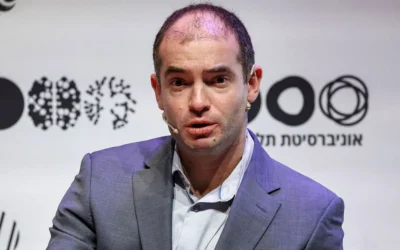ChatGPT-5: Why the US Government Gets First Dibs on OpenAI’s Latest Innovation

In the rapidly advancing world of artificial intelligence, every new development sparks curiosity and anticipation. One such development that has caught the attention of tech enthusiasts and industry experts alike is the upcoming release of ChatGPT-5 by OpenAI. However, there’s a twist: before anyone else gets to see what this new AI model can do, the U.S. government will have the first look. This raises some intriguing questions about the implications of such a decision and what it means for the future of AI.
Why the U.S. Government First?
The decision to allow the U.S. government first access to ChatGPT-5 is not just a matter of protocol or favoritism; it’s a strategic move by OpenAI. The relationship between technology companies and governments has always been a delicate one, especially when it comes to groundbreaking innovations that have far-reaching societal impacts.
In recent years, there has been growing concern about the ethical use of AI, particularly in areas such as national security, privacy, and misinformation. By giving the U.S. government early access to ChatGPT-5, OpenAI is likely seeking to ensure that any potential risks are identified and mitigated before the model is released to the public. This move can also be seen as a way to foster transparency and build trust with regulatory bodies, which are increasingly scrutinizing AI developments.
The Implications of Government Scrutiny
While this decision may seem like a prudent step towards responsible AI deployment, it also raises questions about the balance between innovation and regulation. On one hand, government oversight can help prevent the misuse of powerful AI tools, ensuring they are developed and used in ways that benefit society. On the other hand, there is the concern that too much government involvement could stifle innovation or lead to the creation of biased or overly restrictive AI models.
For OpenAI, the challenge will be to navigate these concerns while maintaining its mission to ensure that artificial general intelligence (AGI) benefits all of humanity. This requires a careful balancing act between collaboration with government entities and maintaining independence in its research and development processes.
What We Know About ChatGPT-5 So Far
While specific details about ChatGPT-5 remain under wraps, expectations are high. Following the success of its predecessors, ChatGPT-5 is anticipated to bring even more advanced capabilities, potentially revolutionizing how we interact with AI.
Key areas of improvement might include:
- Enhanced Language Understanding: Building on the capabilities of GPT-4, ChatGPT-5 could feature even more refined natural language processing abilities, making it better at understanding context, nuances, and intent.
- Improved Conversational Skills: Expect more natural and fluid conversations, with the AI being able to handle complex dialogues more effectively.
- Ethical Safeguards: Given the focus on responsible AI, ChatGPT-5 is likely to incorporate stronger safeguards against generating harmful or biased content.
- Customizability: Users may have more control over the tone, style, and content generated by ChatGPT-5, allowing for a more personalized experience.
Looking Ahead: The Future of AI and Public Trust
The decision to allow the U.S. government early access to ChatGPT-5 underscores the importance of public trust in AI technologies. As AI becomes more integrated into our daily lives, the need for transparency, ethical considerations, and collaboration between tech companies and governments will only grow.
For businesses and individuals alike, this development is a reminder of the broader context in which AI operates. It’s not just about what these technologies can do, but also about how they are governed, who gets to access them first, and what safeguards are in place to protect the public.
As we await the release of ChatGPT-5, one thing is clear: the conversation around AI, ethics, and governance is more important than ever. Whether this move by OpenAI sets a precedent for future AI releases remains to be seen, but it certainly sets the stage for an ongoing dialogue about the role of AI in our society.
Conclusion
ChatGPT-5 promises to be a significant leap forward in AI technology, but its journey starts with government oversight. As we stand on the brink of this new development, it’s crucial to consider not just the technical advancements, but also the ethical and societal implications. The future of AI is not just about innovation; it’s about ensuring that these powerful tools are used responsibly and for the greater good.






